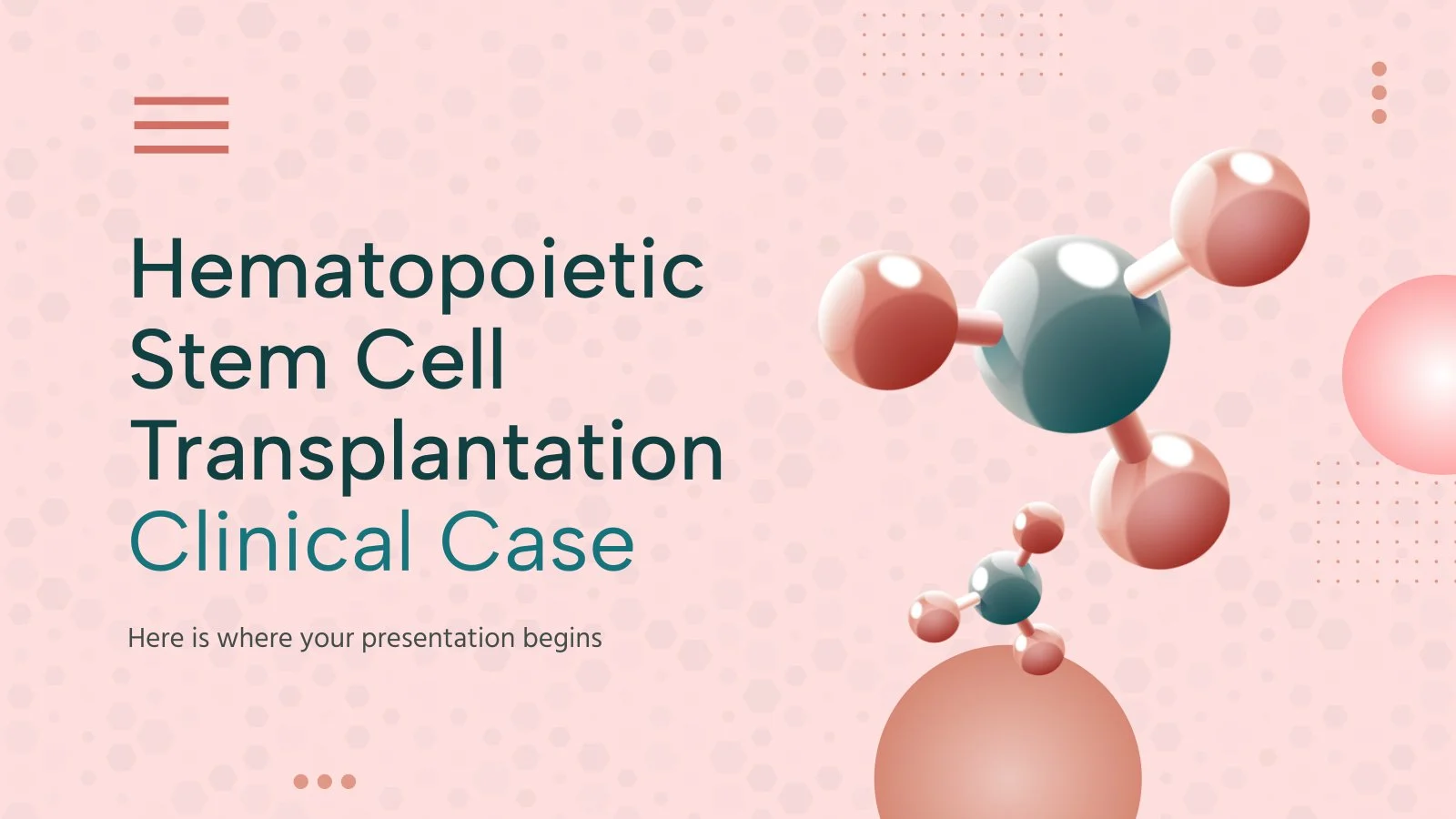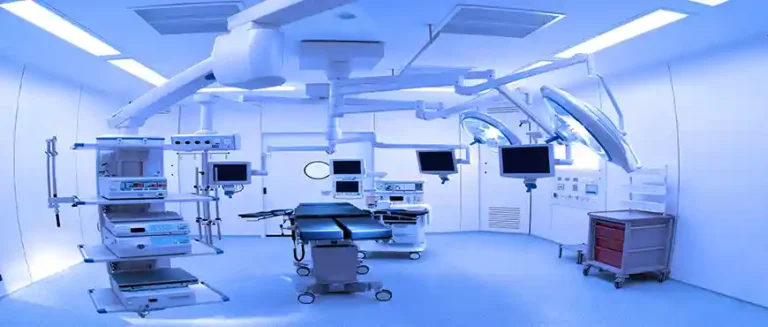Advancements in Hematopoietic Stem Cell Transplantation: Improving Outcomes for Blood Cancer Patients
Blood cancers, including leukemia, lymphoma, and multiple myeloma, are complex diseases that require advanced treatment options. HSCT (Hematopoietic stem cell transplantation) has emerged as a promising therapeutic approach for treating such cancers, as it provides a means of restoring the patient’s blood-forming system. In recent years, advancements in HSCT have led to improved patient outcomes, including better survival rates, reduced complications, and increased availability of donor sources. Look for a cancer hospital in Chennai that is at the fore of these advancements and offers state-of-the-art procedures.
Reduced-Intensity Conditioning Regimens
One of the significant advancements is the development of reduced-intensity conditioning (RIC) regimens. RIC regimens use lower doses of chemotherapy and radiation therapy to prepare the patient for transplant, which reduces the toxicity associated with traditional high-dose conditioning regimens.
It effectively treats older patients or those with comorbidities who cannot tolerate high-dose conditioning. RIC has also been associated with reduced transplant-related mortality and improved quality of life.
Haploidentical Transplantation
Haploidentical donors are family members who are only partially matched with the patient, typically a parent or a child. With cutting-edge facilities and experienced medical professionals, you can search for the best cancer hospital in Chennai, offering state-of-the-art haploidentical transplantation procedures.
In the past, haploidentical transplantation was associated with high rates of graft rejection and graft-versus-host disease (GVHD), a severe complication in which the donor’s immune cells attack the recipient’s tissues.
However, new approaches to haploidentical transplantation, such as T-cell depletion and post-transplant cyclophosphamide, have significantly improved patient outcomes. These approaches have reduced the risk of GVHD and improved engraftment rates, making haploidentical transplantation a viable choice for patients who do not have a fully matched donor.
Novel Agents to Prevent and Treat GVHD
GVHD is a huge complication of allogeneic transplantation and can occur when the donor’s immune cells attack the recipient’s tissues. It can affect many different organs and can be life-threatening.
Recently, new drugs have been developed to prevent and treat GVHD. These drugs target specific pathways involved in the immune response and effectively reduce the incidence and severity of GVHD.
Umbilical Cord Blood Transplantation
Another advancement is using umbilical cord blood (UCB) as a source of stem cells. UCB contains a high concentration of hematopoietic stem cells and effectively treats various haematological diseases.
In the past, the use of UCB was limited by the small number of stem cells that could be obtained from a single unit, which made it demanding to find a suitable match for larger patients. However, advances in UCB banking and selection have led to increased availability of units, and double transplantation is effective in treating adult patients.
Supportive Care
Improvements in supportive care have also contributed to better outcomes for HSCT patients. Supportive care includes measures to prevent and treat infections, manage the side effects of chemotherapy and radiation therapy, and provide nutrition and psychological support.
In recent years, it has reduced morbidity and mortality associated with HSCT. For example, prophylactic antibiotics and antifungal agents have reduced the incidence of infections. In contrast, using growth factors has reduced the duration of neutropenia, a condition in which the patient has lower levels of white blood cells, increasing the risk of infections. Additionally, using new therapies to manage pain, nausea, and vomiting has improved patient comfort during the transplant process.
Conclusion
Hematopoietic stem cell transplantation has significantly improved outcomes, including reduced toxicity, enhanced engraftment rates, and reduced complications such as GVHD. With cutting-edge facilities and experienced medical professionals, you can search for a cancer hospital in Chennai that provides specialised care for patients. With ongoing research and development, HSCT is likely to continue to evolve, providing even better outcomes for blood cancer patients in the future.

Shahid Maqsood, an MBA and Master in Mass Communications, is a seasoned writer with over a decade of experience. Specializing in news and celebrity coverage, he brings a unique perspective from his love for hunting and camping. His work spans multiple platforms like dosttrusty.com and newsbreak.com,Quellpress.com , airriflehunting, and bruitly.com showcasing his versatility and depth. Shahid’s insightful articles reflect his expertise, authoritativeness, and trustworthiness, making him a respected and reliable voice in digital content creation. His contributions engage and inform readers, embodying professionalism and passion in every piece.







